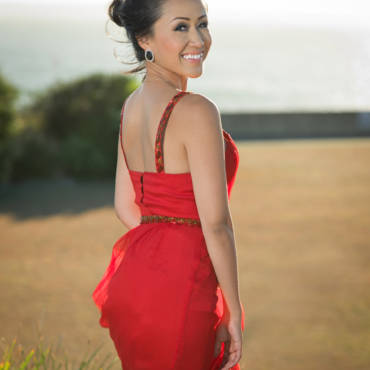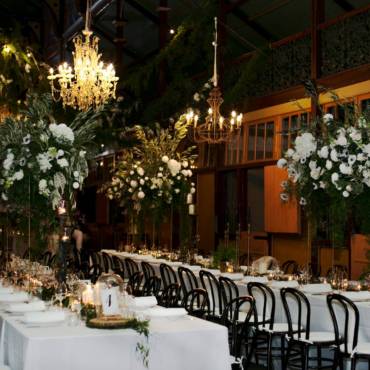Wedding Planning Tips for Starters
1. Allow enough time for planning
It takes 250 hours to plan a wedding.
How you allocate these 250hrs varies from a DIY bride to a professional Wedding Planner. Just to give you some rough ideas, say if you have a full-time job and can only do 5 hours every week or every weekend, then it would take 250/5 = 50 weeks which is approx. 1 year for you to plan a wedding.
Wedding planners also take 250hrs to plan a wedding, however we allocate these hours differently. For my business, it is based on our four main service pillars but it may be different for other planners.
2. Hold or Go? Decisions, decisions, decisions
Wedding Planning involves a lot of decision making.
Some may rush out with the first few things they see and get themselves locked into contracts or deals that allow them with little flexibility later on. On the other hand, you need to make quick decisions when you are sure about something because good suppliers, service providers get booked out quite fast and good deals are not on offer for long either.
Wedding Planners are a great source of trusted (and neutral) advice so hire one during your early days to assist you with planning and decision making. If DIY, take a few weeks or a month after being engaged to gain an overview of all the logistics involved in planning and the industry, market before putting down deposit for anything.
Back to the decision-making process point – one tip I must mention is: don’t over think. I know decision making is not easy but once it is made, don’t go back and re-think it over and over again. This is what often over-kill all the time & energy in wedding planning.
3. Plan from the Big Picture (not from the details)
Start out by having a vision of the kind of wedding that you want and from there, slowly branch out the details. Pick a theme or style first before getting down to the details. For example, decide first if you would like to have a beach or garden wedding, or a classic and timeless church wedding, barn, rustic feel or a destination wedding – this should help you choose the colour palette, décor, flowers, food or suppliers that suit the chosen style.
4. Plan your wedding and not the wedding from Pinterest
Definitely look around for inspirations and ideas but at the end of the day, you need to plan the wedding that is within your budget. That leads me to the next point.
5. Know your budget really, really well.
I always start planning from my client’s budget and provide them with their estimated cost allocation report after our first or second meeting. This enables me to track expenses right from the beginning and calculate cost savings as I go.
Without having a budget in mind and right from the beginning, you just would not know what to look for, nor how to control your negotiations and may fall into situations where you over-spend on one item and having to cut corners (the wrong corners) with the rest.
Hope you enjoy the read and find it useful, always 🙂 xx
Kate.





